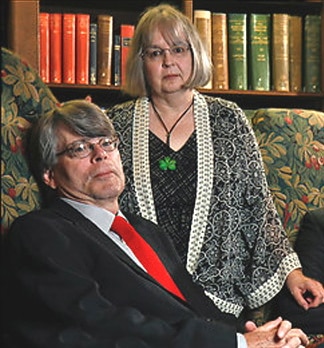
Looking For Your Ideal Reader?
Tabitha King is her husband’s Ideal Reader. In the past decades she has been the first person in Stephen King’s mind while he sat at his desk transforming his ideas into black on white stories.

Tabitha King is her husband’s Ideal Reader. In the past decades she has been the first person in Stephen King’s mind while he sat at his desk transforming his ideas into black on white stories.

It seems one of the most neglected considerations in writing is form. Everything else screams for more attention: chosen topic(s), subtheme(s), genre, characters, plot, voice, style. As for form itself, the decision usually goes along the lines of choosing whether to be a short story, a poem, a play or a novel. From there on, you’re supposedly not to think much about it, except how to structure the plot and cliff-hangers in the whole story.
Rather than following familiar schemes, you can experiment and find your own specific way. In this age of radical change, form can also be a widely explored phenomenon.
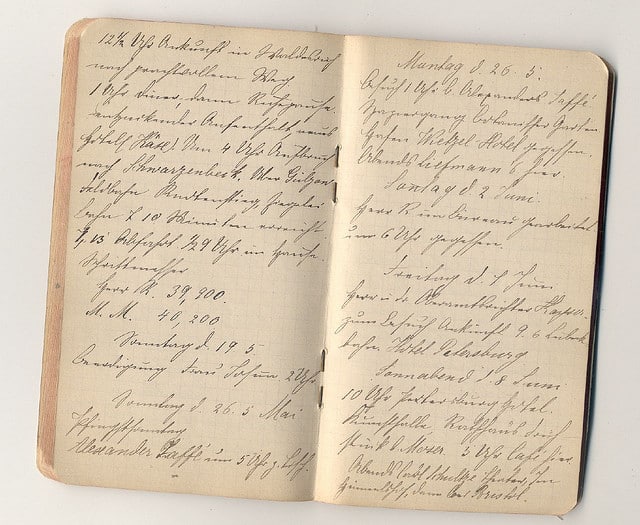
Last week I attended a conversation with Nicholas Sparks and local D.C. reporter at the historic Sixth and I. There was a lot of movie talk and name dropping (think, “oh that Ryan and Rachel”), but Sparks was an excellent story teller and engaging speaker. I learned a lot. I would say that the writing tips he shared were the highlight of the experience, but that would be the moment when a girl announced that she had “The Notebook” tattooed on her wrist.
Anyhoo, you want to write like Nicholas Sparks? Below are four tips on how to do it.
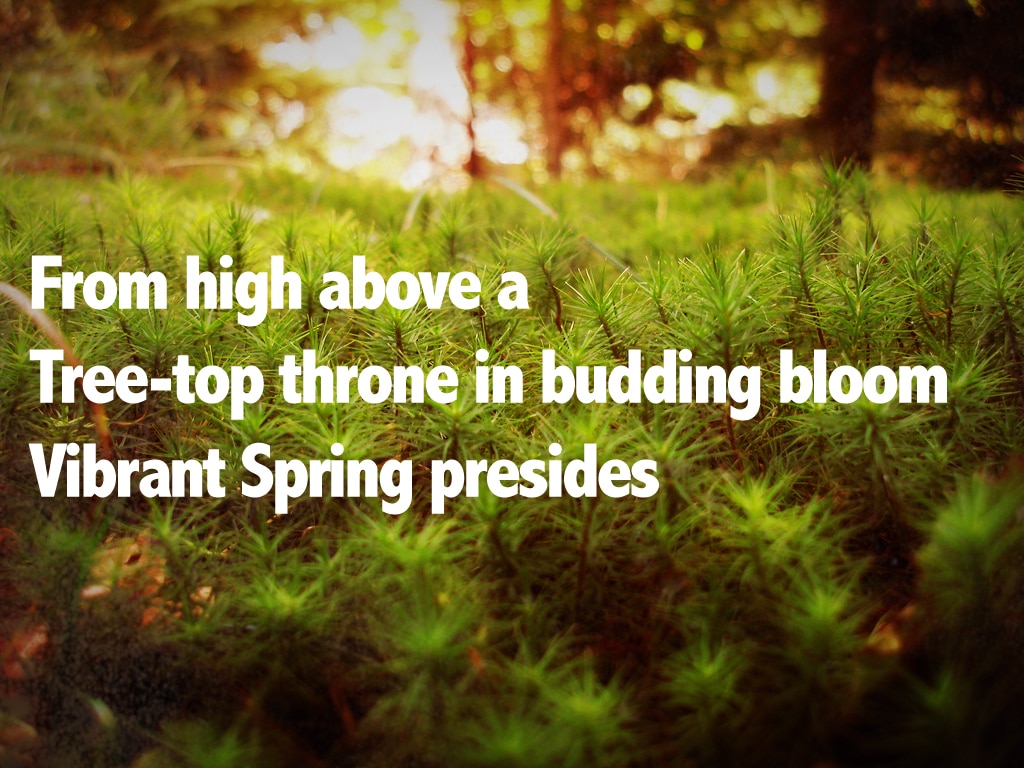
Have you ever considered writing haiku? What can you gain from practicing this lovely craft?
Haiku or ‘exotic verse’, as some prefer to call it, dates back to 16th century Japan, though in the English-speaking world it has only been present for the last 130 years or so. It’s increasingly building up interest in the West, thus nowadays haiku is the most popular form of poetry on the web.
How to define it?
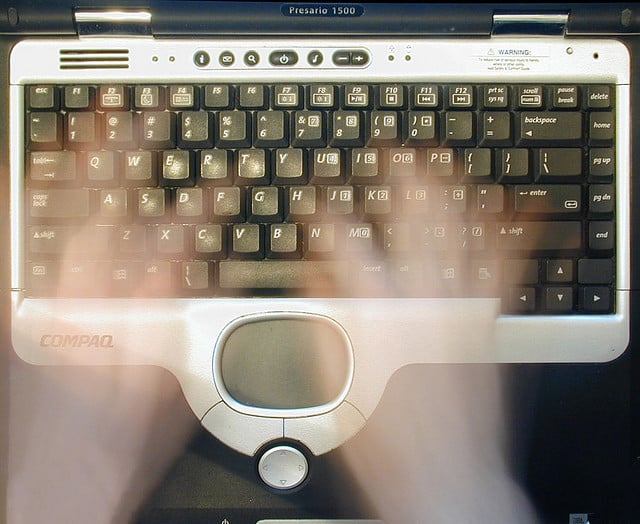
Two simple things required of all writers in order to find their voice.
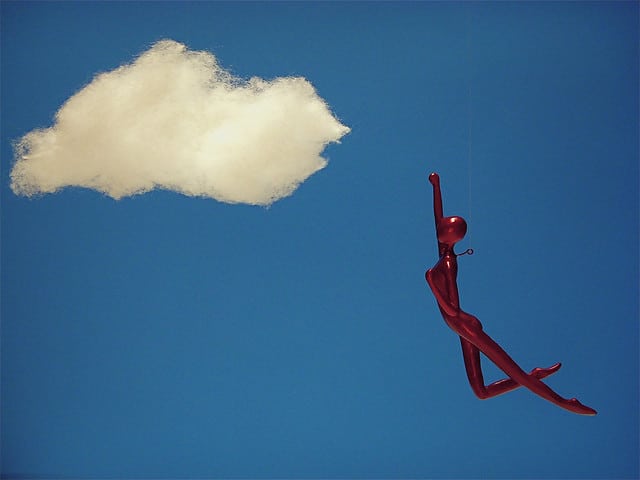
What is experimental fiction? And how can you incorporate lessons from the genre into your own writing?
Choosing among the multiple attempts to define it and trying to keep it short and simple, let’s just say that experimental fiction is about breaking the rules, skipping conventions, literary innovation, and uniqueness.
Innovation comes only by trying out new things – experimenting – since progress in any field is a result of reaching out to what was once considered impossible. In this sense, experimental fiction is truly revolutionary.